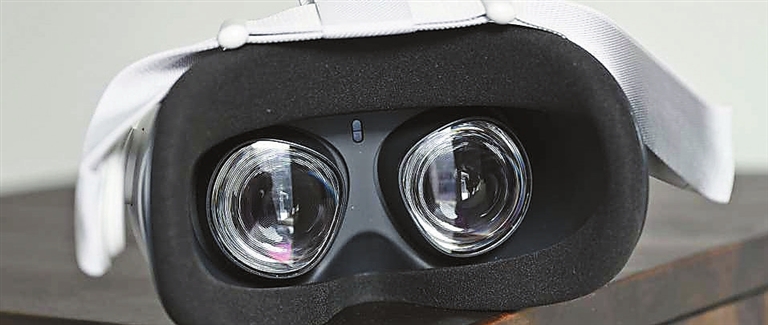
META will reportedly give users more doors to the metaverse by expanding its Quest VR headset selection with four additional models arriving in the next few years. As it stands, Meta sells only the Quest 2, a US$299 option widely considered the best VR headset on the market. It could soon be joined by several other headsets, ranging from budget models to expensive, high-end hardware. According to The Information, we could see four new releases by the end of 2024 if Meta can hit the ambitious launch dates it set in a leaked internal roadmap. The first of these devices will likely be the Project Cambria VR headset, a high-end virtual and augmented reality headset that Meta (Facebook at the time) teased during Facebook’s Connect keynote. Meta CEO Mark Zuckerberg said the headset is “completely new” and will sit at the “high end of the price spectrum.” The headset has cameras that pass high-res full-color video to the screens inside and will include face and eye-tracking as well as sensors and algorithms to augment the real world around you — adding AR capabilities to this “mixed reality” product. The above video teases the headset, which is supposedly slimmer than others on the market. The Information, citing an unnamed source who is “familiar with the matter,” said the Project Cambria headset will cost US$799, more than double the Quest 2’s price, when it launches in September. However, a Meta spokesperson confirmed to UploadVR that the headset would be priced “significantly” higher than US$799. It will reportedly be followed in 2024 by an updated version with the codename Funston. Cambria will supposedly come with screens sharp enough for you to read text, so you can type emails or code in the metaverse without needing a monitor on your desk. The headset will run Meta’s version of Android OS and come with processing power equivalent to a low-end laptop, giving it the ability to run web apps. Specifically, The Information reports that Cambria has been internally described as a “laptop for your face,” with specs similar to a Chromebook. Along with its improved imaging, the headset will supposedly be more comfortable to wear and pack a larger battery. Meta is trying to seize the market by expanding into different price ranges and creating headsets not only for gamers, but potentially for the office, school, or factory. It’s all part of the long-term vision of convincing consumers to step into the metaverse, a theoretical virtual space that blends the real world with the digital through the use of VR, AR, and mixed reality. Next week, Meta will open its first physical storefront to convince you to stay in the digital world. (SD-Agencies) | 
